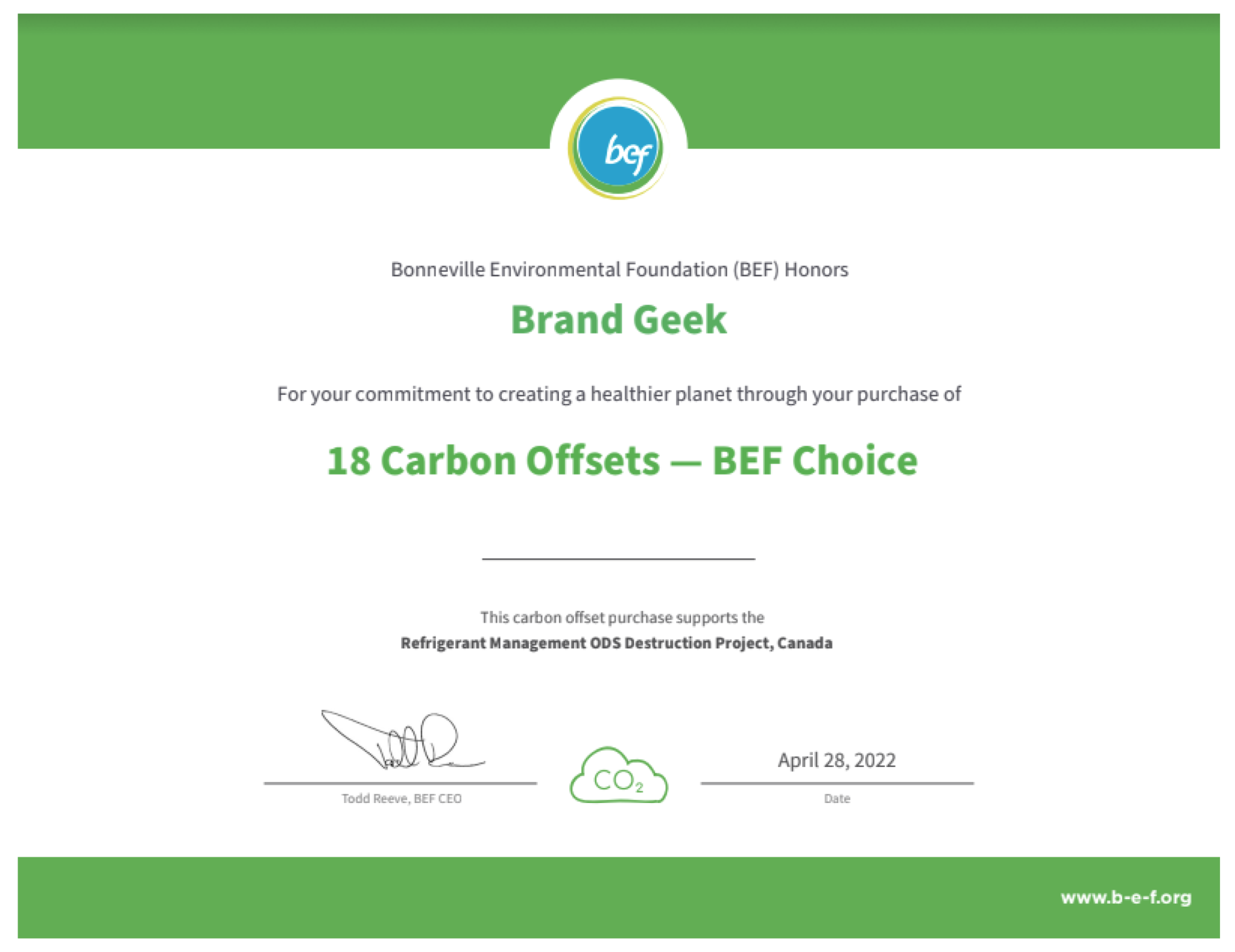Brandgeek proudly supports Mountain Area Preservation and is humbled to be…
APP STORE tm(?)– Appsolutely Astonishing!
 As if the URBAN HOMESTEADING case weren’t exciting enough, here’s another prominent genericness battle for us all to watch . . .
As if the URBAN HOMESTEADING case weren’t exciting enough, here’s another prominent genericness battle for us all to watch . . .
Last Friday’s poll on CNET‘s CRAVE blog asked, “What’s your favorite app store?” Apple’s IOS won 50% of the vote, beating out its closest competitor, the Android Market, which garnered only 41%. Nonetheless, citing a study performed by The Netherlands app store market analysis firm Distimo, CNET reports that the Android Market soon is expected to surpass Apple’s App Store in popularity, perhaps even within a few months. Meanwhile, elsewhere in California, a lawsuit ensues between Apple and Amazon over use of APP STORE mark (APP STORE trademark; really?). Yes, really. Apple claims APP STORE is a mark. Amazon claims APP STORE is a generic term. Thus, the battle begins.
On March 16, 2011, Apple filed suit in the United States District Court for the Northern District of California against Amazon.com alleging infringement, dilution, false designation of origin, and unfair competition. Predictably, Apple seeks preliminary and permanent injunctive relief to enjoin (prevent) Amazon from using its APP STORE mark.
Apple’s lawsuit claims:
[framed_box]1. Apple is a market leading computer hardware, software, and mobile computing technology and services company. Its APP STORE mobile software download service has transformed the way that mobile device users customize and expand the functionality of their devices. Apple, long renowned for its innovation and product design, introduced the APP STORE service and coined the APP STORE mark just over two and a half years ago. In that short period of time, the service has experienced phenomenal growth and success, and the service is now used by over 160 million consumers worldwide who have downloaded more than 10 billion software programs. [/framed_box]Apple’s lawyers clearly did not craft the language on Apple’s App Store homepage, which refers to “mobile software downloads” time and again as “apps” (even though it does use uppercase letters in its references to the App Store, treating that as a mark).
What I fail to understand is this: How can a company that repeatedly uses the term “app” generically on its website to describe “mobile software downloads” then claim that APP STORE has acquired secondary meaning for a retail store selling apps? If “app” is generic; how could APP STORE not be? I know that there are (rare) occasions on which the combination of two otherwise generic terms can create a uniquely protectable mark, but APP STORE?! Apple should know that coining a term doesn’t make it a protectable mark. In fact, coined terms belonging to inventors more often fall prey to genericide than do other marks, because the mark becomes the name of the object/service, losing any brand significance it once possessed.
Amazon filed an Answer (and counterclaim) to Apple’s suit last Wednesday, denying that Apple “coined the APP STORE mark,” and asserting that Amazon’s generic use of the term “app store” is lawful. Amazon counterclaims against Apple for declaratory judgment that its use of “app store” is non-infringing and seeking attorneys’ fees and expenses under the exceptional case provisions of 15 U.S.C. 1117.
I presume this case will settle, as most cases do. In the unlikely event that this case makes it through trial, it will be interesting to see how big a bite Amazon takes out of Apple.
 It is well established in trademark law that one cannot turn a generic term into a mark. In sharp contrast, however, marks can become generic. It is as important to discuss new marks with your counsel prior to adoption as it is to ensure proper usage of your marks to prevent them from becoming generic.
It is well established in trademark law that one cannot turn a generic term into a mark. In sharp contrast, however, marks can become generic. It is as important to discuss new marks with your counsel prior to adoption as it is to ensure proper usage of your marks to prevent them from becoming generic.




Comments (0)